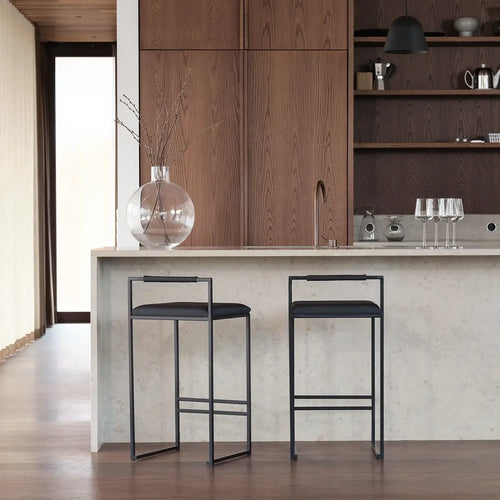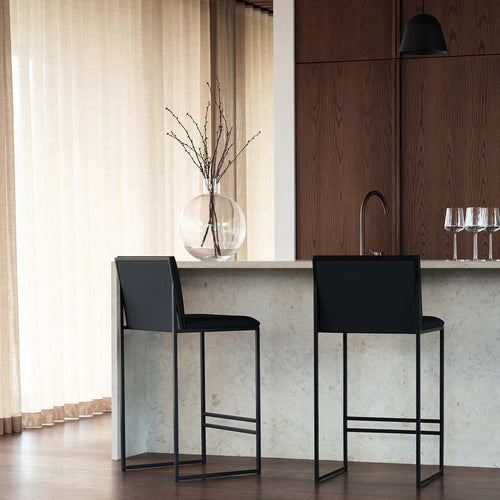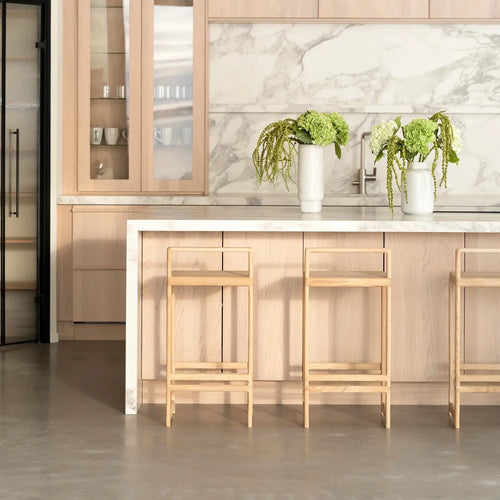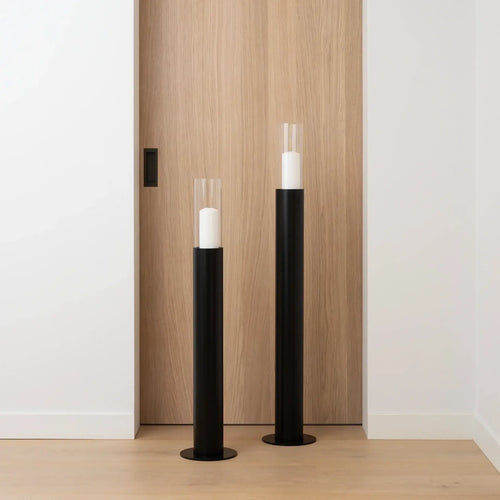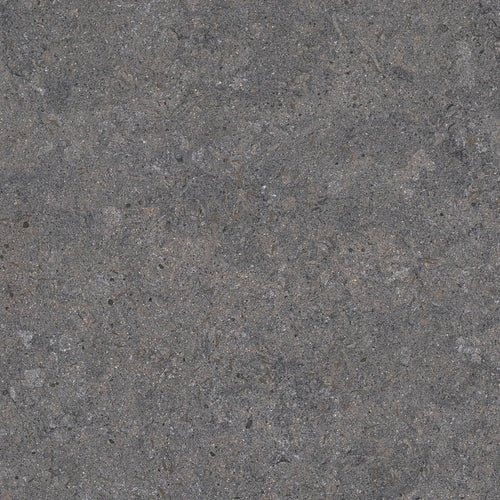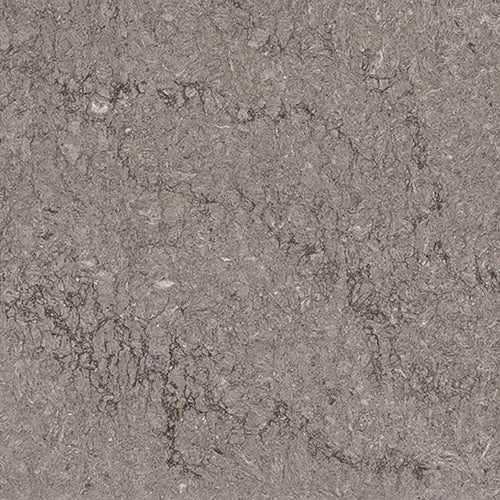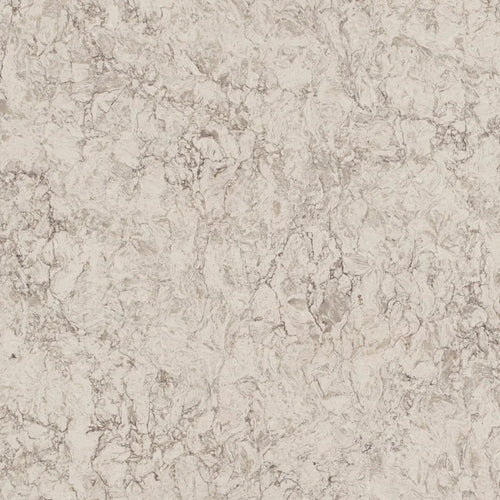Pour certaines tables et surfaces, nous utilisons le Dekton®, une surface ultracompacte frittée conçue par Cosentino. Elle allie esthétique et performance technique d’une manière que peu de matériaux peuvent égaler.
Pour certaines tables et surfaces, nous utilisons le Dekton®, une surface ultracompacte frittée conçue par Cosentino. Elle allie esthétique et performance technique d’une manière que peu de matériaux peuvent égaler.


Dekton stone
Caractéristiques clés :
- Résistant à la chaleur – supporte des températures élevées sans se détériorer
- Non poreux – aucune absorption d’eau, résistant aux taches
- Résistant aux rayures et à l’usure
- Stable aux UV – ne se décolore pas à la lumière du soleil
- Stable dimensionnellement, même en cas de choc thermique
- Extrêmement compact et dense – conçu avec la technologie des particules frittées
Nous sélectionnons des teintes emblématiques comme Lunar · Danae · Keon · Bergen.
Chaque dalle est découpée et finie avec précision pour s’intégrer parfaitement à nos structures en acier et en chêne, garantissant un design fluide et harmonieux — sans joints visibles ni ruptures.
Caractéristiques clés :
- Résistant à la chaleur – supporte des températures élevées sans se détériorer
- Non poreux – aucune absorption d’eau, résistant aux taches
- Résistant aux rayures et à l’usure
- Stable aux UV – ne se décolore pas à la lumière du soleil
- Stable dimensionnellement, même en cas de choc thermique
- Extrêmement compact et dense – conçu avec la technologie des particules frittées
Nous sélectionnons des teintes emblématiques comme Lunar · Danae · Keon · Bergen.
Chaque dalle est découpée et finie avec précision pour s’intégrer parfaitement à nos structures en acier et en chêne, garantissant un design fluide et harmonieux — sans joints visibles ni ruptures.
Pourquoi Dekton est un matériau haut de gamme et fait pour durer


How Dekton is made
How Dekton is made
Dekton is created via a high-pressure, high-temperature process called sintered particle technology, which simulates the natural metamorphic change of stone over millennia, but in hours.
Because of that process:
- There is no resin or organic binder, it’s pure minerals fused together, making it more stable than quartz composites.
- The ultracompact structure makes it extremely dense, reducing porosity and preventing moisture or stains from penetrating.
- It meets rigorous industry standards like EN 14411, ANSI A137.1, ISO 13006, proving strength, durability, and longevity.
Dekton is created via a high-pressure, high-temperature process called sintered particle technology, which simulates the natural metamorphic change of stone over millennia, but in hours.
Because of that process:
- There is no resin or organic binder, it’s pure minerals fused together, making it more stable than quartz composites.
- The ultracompact structure makes it extremely dense, reducing porosity and preventing moisture or stains from penetrating.
- It meets rigorous industry standards like EN 14411, ANSI A137.1, ISO 13006, proving strength, durability, and longevity.


Atouts de performance pour la maison
Atouts de performance pour la maison
Caractéristiques principales :
- Résistant à la chaleur – supporte des températures élevées sans dommage
- Non poreux – aucune absorption d’eau, résistant aux taches
- Résistant aux rayures et à l’abrasion
- Stable aux UV – ne se décolore pas au soleil
- Stable dimensionnellement, même sous choc thermique
- Extrêmement compact et dense – conçu avec la technologie de particules frittées
Nous sélectionnons des tons emblématiques tels que Lunar · Danae · Keon · Bergen.
Chaque dalle est découpée et finie avec précision pour s’intégrer parfaitement à nos structures en acier et en chêne, assurant une esthétique fluide et homogène — sans joints visibles ni ruptures dans le design.
Caractéristiques principales :
- Résistant à la chaleur – supporte des températures élevées sans dommage
- Non poreux – aucune absorption d’eau, résistant aux taches
- Résistant aux rayures et à l’abrasion
- Stable aux UV – ne se décolore pas au soleil
- Stable dimensionnellement, même sous choc thermique
- Extrêmement compact et dense – conçu avec la technologie de particules frittées
Nous sélectionnons des tons emblématiques tels que Lunar · Danae · Keon · Bergen.
Chaque dalle est découpée et finie avec précision pour s’intégrer parfaitement à nos structures en acier et en chêne, assurant une esthétique fluide et homogène — sans joints visibles ni ruptures dans le design.
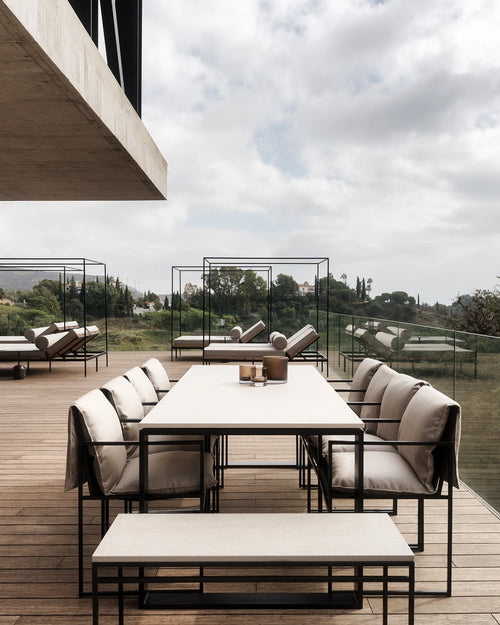

Les engagements environnementaux et durables de Cosentino
Les engagements environnementaux et durables de Cosentino
Dekton, c’est plus que la performance : c’est une approche pensée dans un esprit de responsabilité environnementale.
- Neutralité carbone : Cosentino déclare que Dekton® est neutre en carbone sur l’ensemble de son cycle de vie. L’entreprise mesure, réduit et compense toutes les émissions liées aux matières premières, à la production et à la distribution.
- Réduction des émissions de gaz à effet de serre :
Grâce à des améliorations énergétiques, à l’optimisation des procédés et à l’innovation, Cosentino a enregistré une réduction de 7 % des émissions de gaz à effet de serre pour sa gamme Dekton®.
- Réutilisation de l’eau et absence de rejets :
Le processus de fabrication de Dekton® recycle environ 99 % de l’eau utilisée et ne rejette aucune eau usée dans des systèmes externes.
- Utilisation d’énergies et de matériaux renouvelables :
Les usines Dekton® fonctionnent avec 100 % d’énergie renouvelable certifiée, et de nombreuses dalles intègrent des matériaux recyclés ou récupérés.
- Éco-conception et circularité :
Dès la conception, Cosentino mise sur une approche d’éco-design, cherchant à prolonger le cycle de vie des dalles et à développer des circuits de recyclage à travers l’Europe.
- Engagement global de Cosentino :
Le groupe applique une stratégie de durabilité complète, fondée sur la croissance responsable, les énergies renouvelables, la biodiversité et l’économie circulaire.
Grâce à ces initiatives, Dekton® n’est pas seulement une alternative haut de gamme à la pierre naturelle, mais l’un des matériaux de surface les plus aboutis sur le plan environnemental dans le segment premium.
Dekton, c’est plus que la performance : c’est une approche pensée dans un esprit de responsabilité environnementale.
- Neutralité carbone : Cosentino déclare que Dekton® est neutre en carbone sur l’ensemble de son cycle de vie. L’entreprise mesure, réduit et compense toutes les émissions liées aux matières premières, à la production et à la distribution.
- Réduction des émissions de gaz à effet de serre :
Grâce à des améliorations énergétiques, à l’optimisation des procédés et à l’innovation, Cosentino a enregistré une réduction de 7 % des émissions de gaz à effet de serre pour sa gamme Dekton®.
- Réutilisation de l’eau et absence de rejets :
Le processus de fabrication de Dekton® recycle environ 99 % de l’eau utilisée et ne rejette aucune eau usée dans des systèmes externes.
- Utilisation d’énergies et de matériaux renouvelables :
Les usines Dekton® fonctionnent avec 100 % d’énergie renouvelable certifiée, et de nombreuses dalles intègrent des matériaux recyclés ou récupérés.
- Éco-conception et circularité :
Dès la conception, Cosentino mise sur une approche d’éco-design, cherchant à prolonger le cycle de vie des dalles et à développer des circuits de recyclage à travers l’Europe.
- Engagement global de Cosentino :
Le groupe applique une stratégie de durabilité complète, fondée sur la croissance responsable, les énergies renouvelables, la biodiversité et l’économie circulaire.
Grâce à ces initiatives, Dekton® n’est pas seulement une alternative haut de gamme à la pierre naturelle, mais l’un des matériaux de surface les plus aboutis sur le plan environnemental dans le segment premium.








